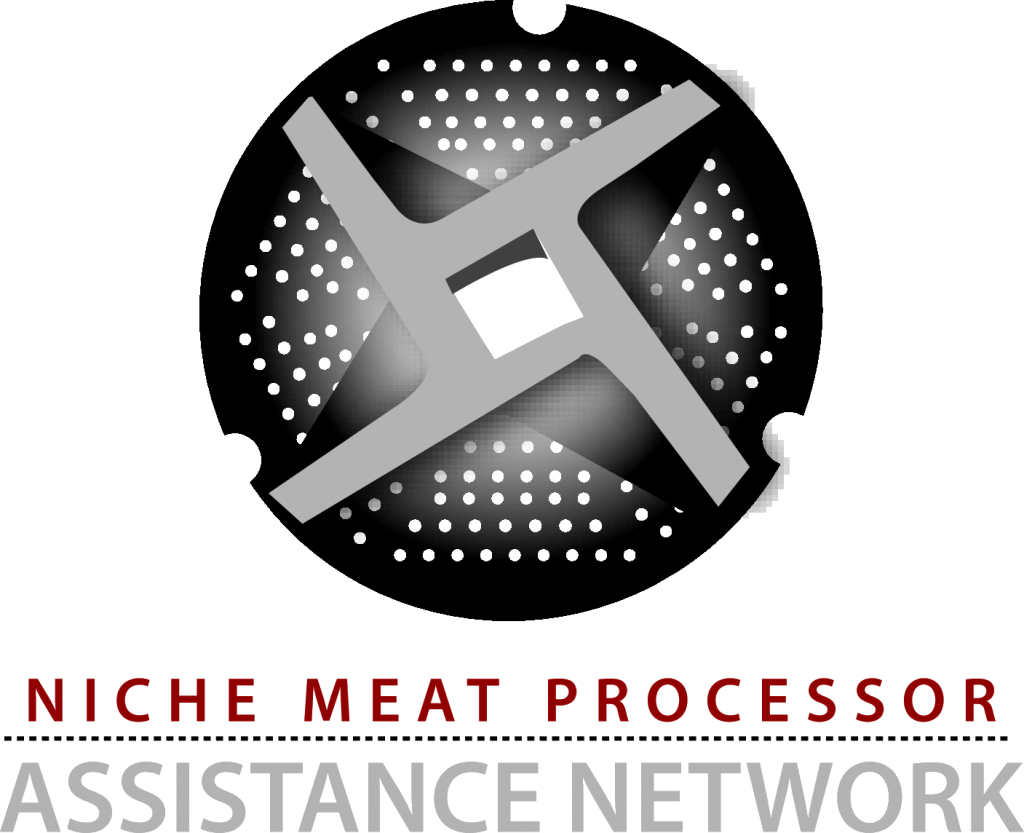Are You Still Doing Business On A Handshake?
Get it in Writing to Save Time and Money
By Steven A. Kronenberg
An excerpt of this article appeared in the September 2011 NMPAN Newsletter. Steven Kronenberg, an attorney focusing on the food processing, grocery, and restaurant sectors, volunteered to write this for NMPAN in hopes of helping our members avoid problems — and litigation — that can arise when verbal agreements don’t pan out.
Are you still doing business on a handshake? Written agreements help avoid disputes with your business associates, employees, and customers, so you can focus on running your business and minimize the risk of expensive and time-consuming litigation.
No matter how much you trust someone, misunderstandings are inevitable, take time away from running your business, and hurt the bottom line. People innocently remember “facts” differently. Memories fade. Doing business can complicate relationships between friends or family and make it more difficult to resolve disputes amicably.
Written Agreements Help Business Associates Understand Each Other’s Expectations
Written agreements help everyone understand expectations before disagreements arise. In fact, many states have laws governing business relationships if there is NOT something in writing. Do you know what those laws say in your state and what conditions they would impose on your business? Are those conditions consistent with everyone’s understanding? If not, you may be able to change something by written agreement.
Would you and your business associates answer these questions the same way?
- Who owns the business, including its equipment, licenses, and brand names? If you manufacture processed meats like sausage, who owns the “secret recipe”? If that person leaves, can the business still use it? Under what conditions?
- Do “big” decisions require consensus or majority vote? Can just one person make “small” decisions? Who decides what belongs in each category?
- Has anyone lent money to the business? If so, how will it be repaid? At what interest rate? When?
- Suppose one of you is unable to work or chooses a different career in five years?
Written Agreements Help Define Employee Rights and Responsibilities
Written agreements specifying job duties, compensation, benefits, and related issues will help employees understand your expectations. They also help measure productivity, so you can better predict costs and profits. Employees can determine they are doing their job effectively, boosting morale. If conflicts arise, written agreements signed at the beginning of employment can help employees understand the basis for your decisions (even if they disagree), minimizing the risk of litigation.
Would you and your employees answer these questions the same way?
- What are his/her job duties? Will those duties change as your business grows? How will the employee be notified of change(s)?
- Are there opportunities for promotion or bonuses? If so, under what conditions?
- If discipline or termination is necessary, does written documentation support this decision?
An employee manual may also reduce litigation risks by preventing problems before they start. For example, workers are less likely to engage in racial harassment if, at the beginning of their employment, they agree to follow your written policy prohibiting it.
Written Agreements Help Customers Feel they Got a Fair Deal
Written terms and conditions of sale help buyers understand what is being sold for what price, so they feel confident doing business with you. This is especially important for perishable goods, so disputes can be resolved while they may still be saleable.
Would you and your customers answer these questions the same way?
- Are the quality, quantity, and packaging of the goods consistent with how they were described before sale? If not, how will discrepancies be resolved?
- Did the seller guarantee a delivery date? Were there any exceptions, such as for factors outside of the seller’s control? What happens if delivery is delayed?
- Understanding “the customer is always right,” how can your business protect itself from totally unreasonable demands?
Written Agreements Minimize the Risk of Costly and Time-Consuming Litigation
It is usually simpler and cheaper to prevent disagreements than resolve them after they happen. Written agreements between you and your business associates, employees, and customers help everyone understand their rights and responsibilities and make the most of these relationships, saving time and money that can be better spent on running your business.
Steven Kronenberg is an attorney in the San Francisco office of Murphy, Pearson, Bradley & Feeney, where he offers outside general counsel services for the food processing, grocery, and restaurant industries. He is also the author of foodlawblog.com. He can be reached at 415-788-1900 and skronenberg@mpbf.com.


